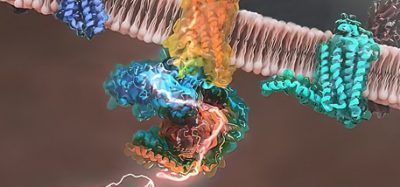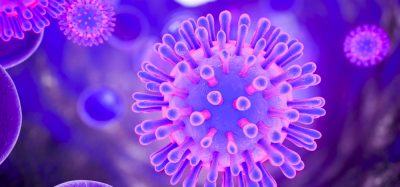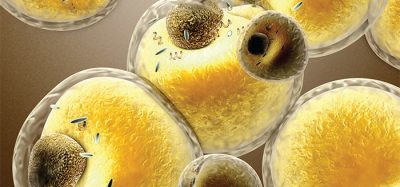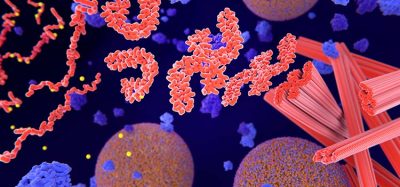Duel homing agent could aid brain injury recovery
Posted: 17 December 2015 | Victoria White | No comments yet
When given to mice, the new ‘homing’ agent inactivated the complement system in the brain, reduced inflammation and aided recovery…

Scientists from Cardiff University have engineered a new duel ‘homing’ agent which may aid recovery and minimise the risk of life-threatening infections in patients with traumatic brain injuries.
Brain injury is a leading cause of death and disability in children and adults from ages one to 44. This is largely due to life-threatening infections, as well as brain inflammation, activated by the body’s natural disease-fighting immune response, called ‘complement’.
When given to mice, the new ‘homing’ agent inactivated the complement system in the brain, reduced inflammation and aided recovery.
Professor Claire Harris from Cardiff University’s Institute of Infection & Immunity, who led the research, explained, “Widespread blocking of this part of the immune system after traumatic brain injury helps damaged brain tissue to survive and improves neurological recovery in mice. Unfortunately, this treatment approach could be harmful to humans because complement is essential for fighting infections – that’s why this homing agent is so significant.”
Cardiff’s homing agent combines two different activities in one molecule
Professor Harris continued, “We have engineered a drug which combines two different activities in one molecule. One arm ‘targets’ the drug to the site of tissue damage, thus concentrating the therapy exactly where it is most needed, and the second arm (CD59) inhibits a specific part of the complement system which would drive further damage if left unchecked.
“This drug therefore delivers therapy to where it is needed, freeing up the complement system to fight infection in the rest of the body.”
The team, led by Professors Claire Harris and Professor Paul Morgan, showed that when the ‘homing’ agent was injected into mice immediately after traumatic brain injury, it specifically targeted the injured tissue, serving to inactivate the complement system and reduce inflammation and neuronal damage.
Professor Harris added: “Development of this new homing agent is exciting. We’ve shown that it can be administered in mice some time after the trauma and still be effective.
“If our findings can be translated into humans this could be life-changing for patients with head injuries.”
Related topics
Drug Targets
Related organisations
Cardiff University







